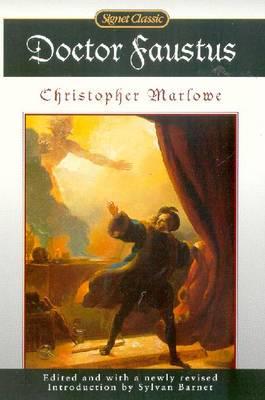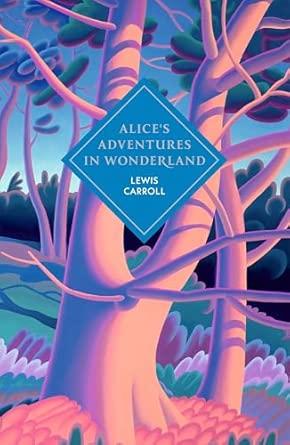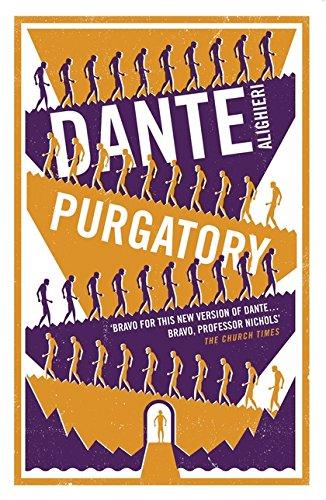Literature , Classics
Doctor Faustus
Faustus, a brilliant scholar, sells his soul to the devil in exchange for limitless knowledge and powerful black magic, yet remains unfulfilled. He considers repenting, but remains too proud to ask God for forgiveness. His indecision ultimately seals his fate. Faustus's story serves as a warning to those who would sacrifice righteous living for earthly gain. But Marlowe's play is also a deeply symbolic analysis of the shift from the late medieval view that the highest wisdom lay in the theologian's contemplation of God was yielding to the Renaissance view that the highest wisdom lay in the scientist's and statesman's rational analysis of the world around them. Caught between these ideals, Faustus is both a tragic fool destroyed by his own ambition and a hero at the forefront of a changing society. In Doctor Faustus, Marlowe thoughtfully examines faith and enlightenment, nature and science - and the terrible cost of the objects of our desire.
- Marlowe, Christopher
- Signet Classics
- 2001
- 210
- 9780451527790
Поткатегории












